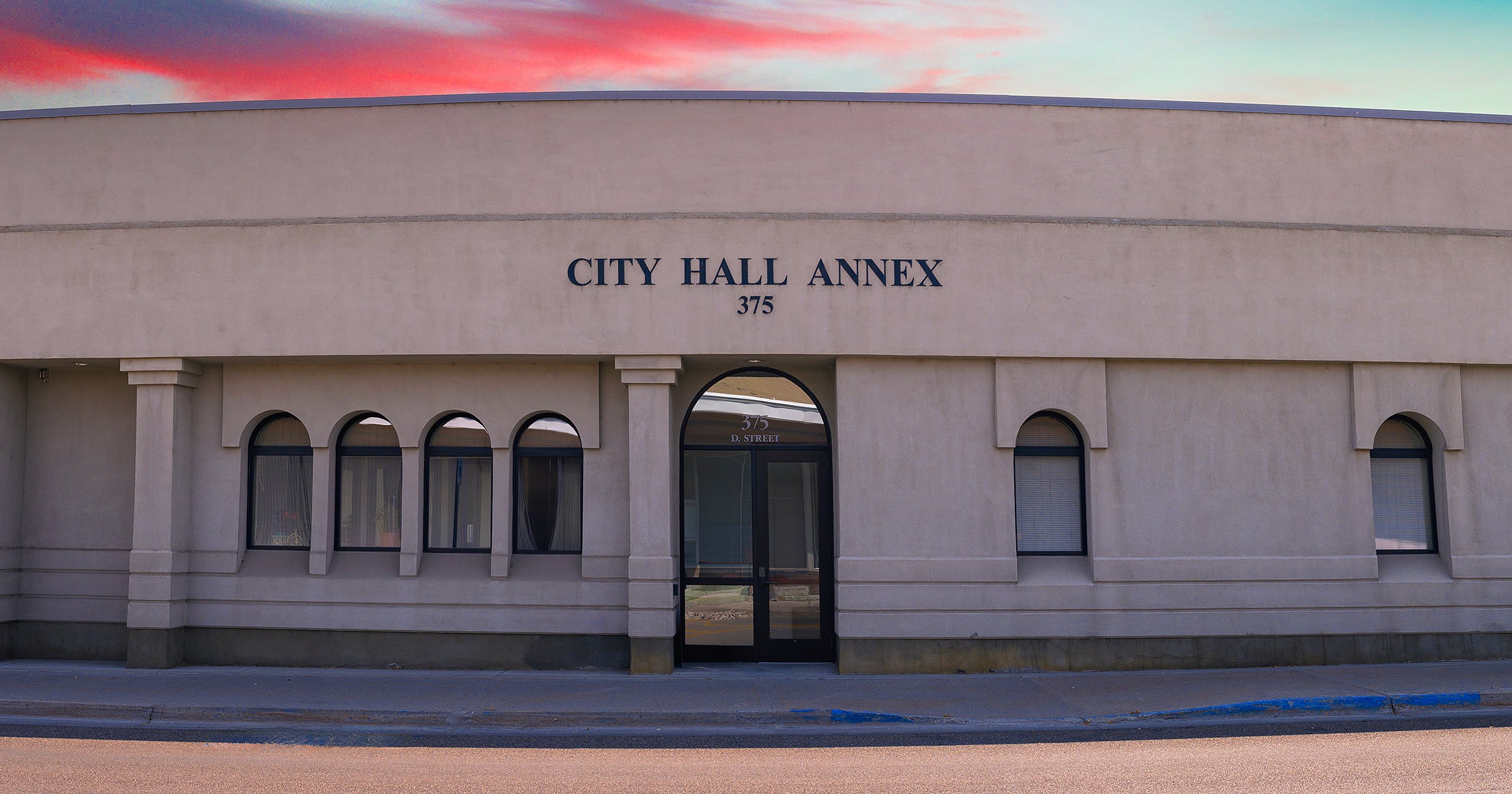When Nobody Disagrees, Nobody's Listening
Why Idaho Falls feels disconnected from its own government—and what we can do about it

You’ve felt it. Maybe you showed up to speak about a rezone near your neighborhood. You waited through the agenda, made your case about traffic or safety or preserving what you love about your street. City leadership nodded politely, thanked you for your time, then voted exactly as they planned all along—usually 6-0.
Or maybe you’ve watched the same problems get ignored while new developments get approved, and asked yourself: “Is anyone actually fighting for people like me?”
Here’s the math that explains why you feel like an outsider at your own city government.
The Pattern That Reveals Everything
In the last five years, Idaho Falls City Council has conservatively cast well over 1,200 votes on everything from budgets to rezonings to fee increases. Out of all those decisions, disagreement was so rare that the mayor only had to break ties exactly twice—once on whether to table some ARPA funding decisions, and once on adding a tree-planting requirement to a storm retention area. That’s not normal. That’s a red flag.1 2
Meanwhile, the big decisions—budgets worth millions, major rezonings that reshape neighborhoods, fee increases that hit your wallet—sail through 6-0. Even when there’s disagreement, it’s rarely close enough to matter. A 4-2 vote still overrules the mayor and steamrolls the minority perspective.
Think about that: 1 meaningful disagreement for every 600 decisions, and it was about landscaping trees.
When six people almost never disagree on anything important—budgets, rezonings, fee increases—it means they’ve stopped listening to different perspectives. Including yours.
This Isn’t Normal—It’s Groupthink
When disagreement becomes literally newsworthy—when a single “no” vote is so rare it gets attention—you’re not looking at healthy debate. You’re looking at myopic groupthink. A culture with no diversity of thought, where questioning the agenda is discouraged, where different neighborhoods and different perspectives aren’t welcome.
Consider your own life. Your family. Your workplace. How often do you and six other people agree on everything consequential? When’s the last time a group had that level of uniformity on hundreds of decisions that actually matter?
That kind of lockstep voting doesn’t happen by chance—it happens when healthy debate is missing and dissenting voices are discouraged.
The Vicious Cycle
Here’s the worst part: Low participation becomes self-reinforcing. When citizens stop showing up because they feel ignored, leadership points to empty chambers and says, “See? The community supports what we’re doing.”
But that’s not support—that’s surrender. People haven’t stopped caring about their neighborhoods, their traffic, their tax bills. They’ve stopped believing their voices matter when the only “close call” in five years was about planting trees.
Local turnout shows the impact: in our city of nearly 68,000 residents with about 26,000 registered voters, only about 10,000 people actually vote. That means 16,000 registered voters who could help shape their community simply don’t show up.3
What Citizens Actually Want
The city’s own 2024 community survey tells a very different story than those unanimous votes suggest. While residents give decent marks to basic services, they express much lower confidence in city leadership’s honesty, transparency, and acting in the community’s best interest. They’re concerned about poorly planned growth and a lack of affordable housing options.4
The gap between what residents want and what gets approved with lockstep unanimity is a red flag. It shows leadership that’s lost touch with the people they’re supposed to serve.
Idaho Falls Deserves Better
Real leadership welcomes disagreement because that’s how you get better decisions. Real leadership asks hard questions, demands accountability, and sometimes says “no” when a proposal doesn’t serve current residents first.
It’s time for new leadership that brings fresh perspectives and diverse thinking to city government. Leadership that shows up to fight for you, not rubber-stamp the agenda. Leadership that believes disagreement isn’t a problem—it’s democracy.
Your voice matters. But only if we elect leaders who actually listen.
Vote for New Leadership
Idaho Falls needs new leadership at all levels—from the mayor to the city council. We need healthy debate. We need to invite and encourage residents to speak up. That’s how we learn. That’s how we grow.
On November 4, vote for new leadership that listens first, puts residents at the center, and restores trust between citizens, businesses, and city government.
Footnotes
-
City of Idaho Falls Council Minutes, May 12, 2022: Minutes Link ↩
-
City of Idaho Falls Council Minutes, July 28, 2022: Minutes Link ↩
-
Based on Idaho Falls population (~68K), registered voters (~26K), and typical local election turnout (~10K votes cast). See Bonneville County election results for historical data. ↩
-
City of Idaho Falls, 2024 Community Survey Results: Survey Release ↩